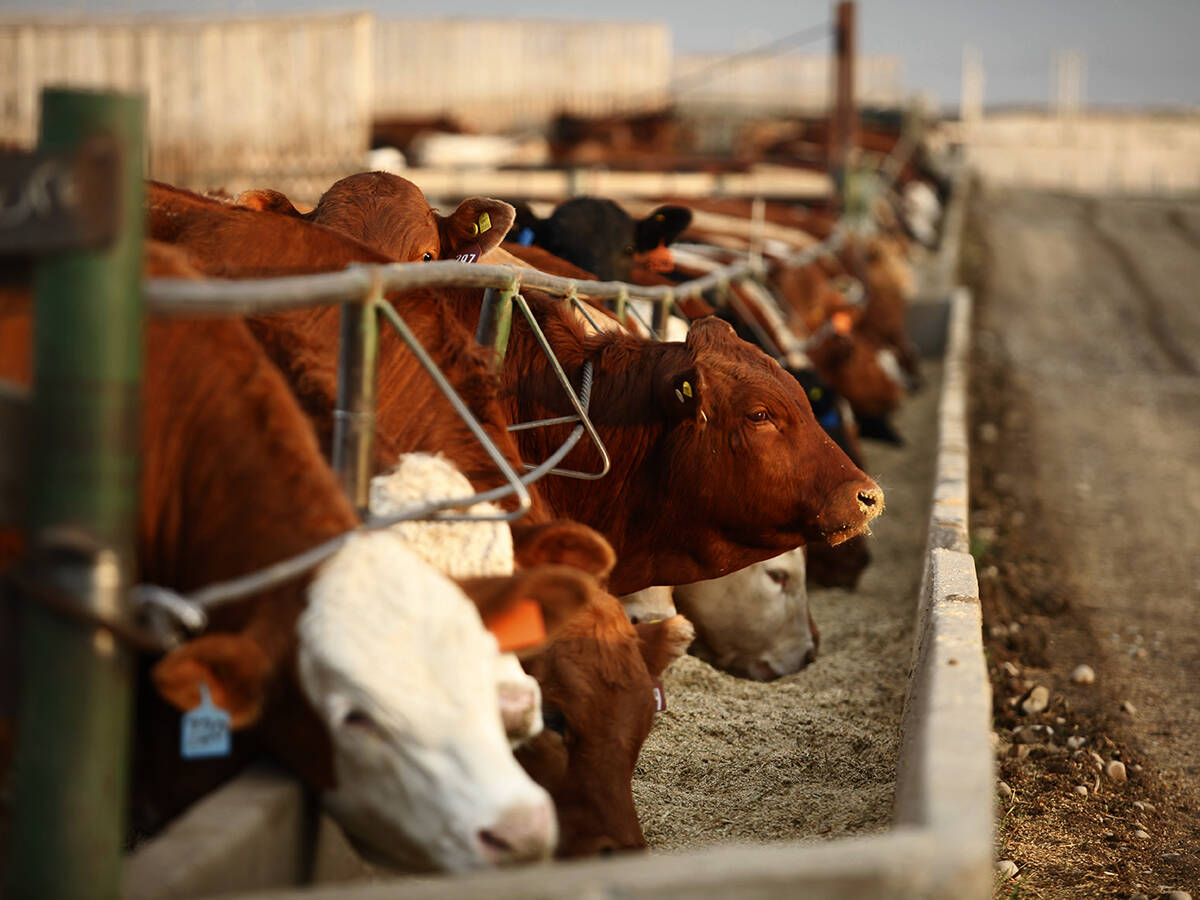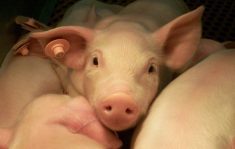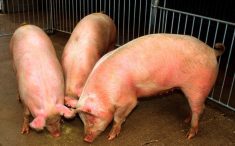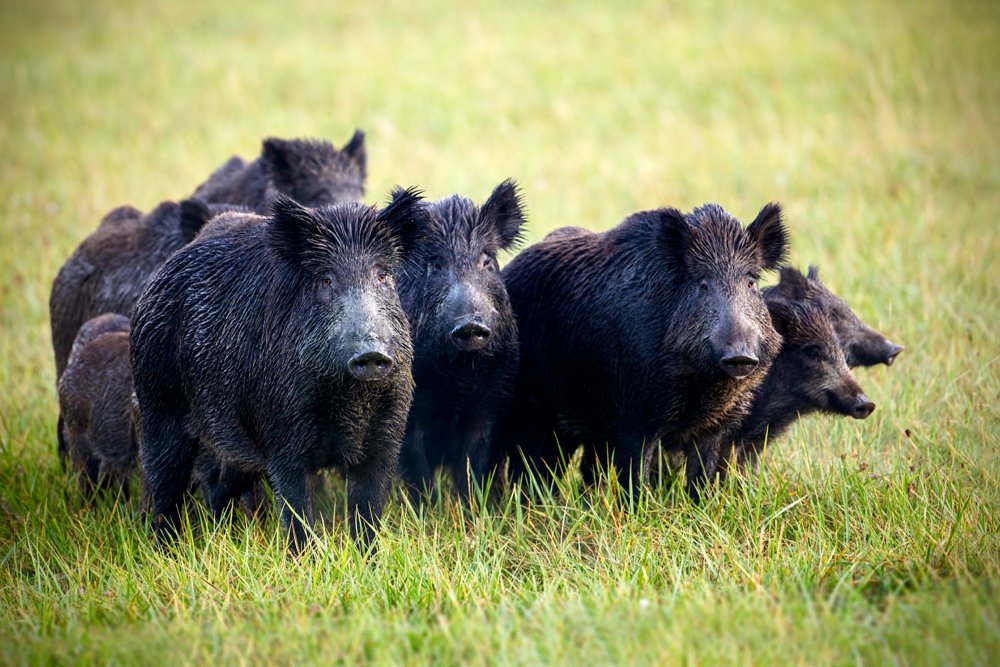Canada’s farmed wild boar industry has almost four months left to get ready for the same mandatory identification, record-keeping and movement reporting rules as the mainline hog industry.
The Canadian Food Inspection Agency on Monday put out a reminder to all pork producers that they and other “pig custodians,” such as breeders, auction markets and livestock truckers, must “properly identify, record and report movement of pigs under their care or control, from the animals’ birth or import to slaughter or export.”
Changes to the federal Health of Animals Regulations requiring traceability for the mainline hog industry took effect on July 1 last year.
Read Also

U.S. livestock: Cattle futures drop Friday
Cattle futures on the Chicago Mercantile Exchange fell from nearby highs Friday, with profit-taking to end the week weighing on…
The regulations, when amended early last year, also set the effective date for the wild boar sector to follow the same traceability requirements, starting July 1, 2015.
Any hog or wild boar producer or “custodian” who fails to meet the new requirements could be subject to “enforcement action such as warnings, fines or prosecution,” CFIA stressed Monday.
The traceability system, run by the Canadian Pork Council through its PigTrace Canada arm, is meant to help “limit the economic impacts of animal health emergencies such as animal disease outbreaks,” CFIA said.
All custodians of swine and/or carcasses are responsible to report the necessary information to PigTrace Canada. The job can be delegated to a third party, such as a head office, marketer or trucker, but “the responsibility remains with the custodian,” according to PigTrace.
When live pigs, deadstock or parts of deadstock are being moved, movement information must be reported within seven days of departure and arrival by both the sender and the receiver.
Movement information can be reported directly to the PigTrace database or by toll-free phone at 1-866-300-1825. Everyone required to report swine movement information must also maintain records of his or her shipments for five years afterward.
Except for sows and boars, pigs moved farm-to-farm within Canada don’t need to be individually identified, but “documented movement information” such as a manifest must accompany a shipment. Exported and imported pigs, however, must have “approved identifiers.”
Herd mark shoulder slap tattoos or approved ear tags must be applied to pigs going to any Canadian slaughter facility, be it directly or by way of an assembly yard.
Individual ear tag ID must also be applied to pigs used for breeding when leaving the site where the animals were bred.
More details on traceability for hogs and farmed wild boars are available on the PigTrace website. (Click on “Requirements.”) — AGCanada.com Network

















